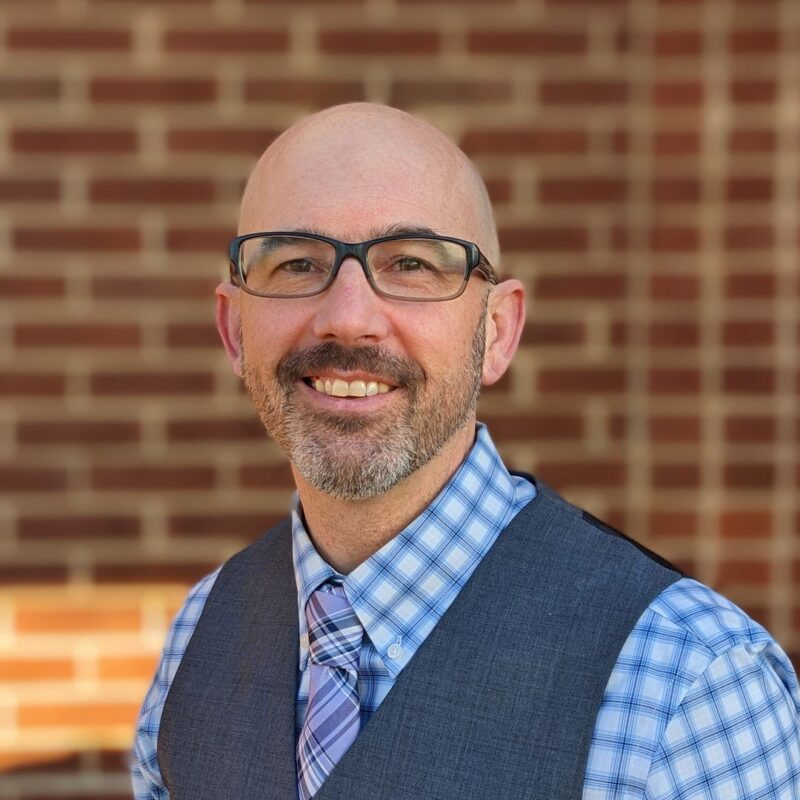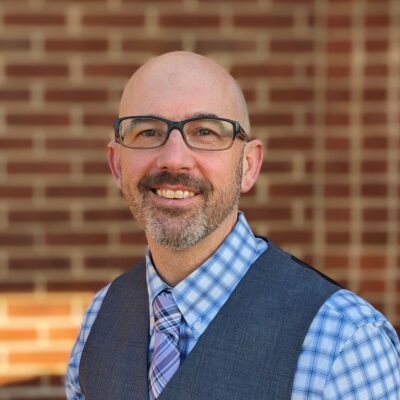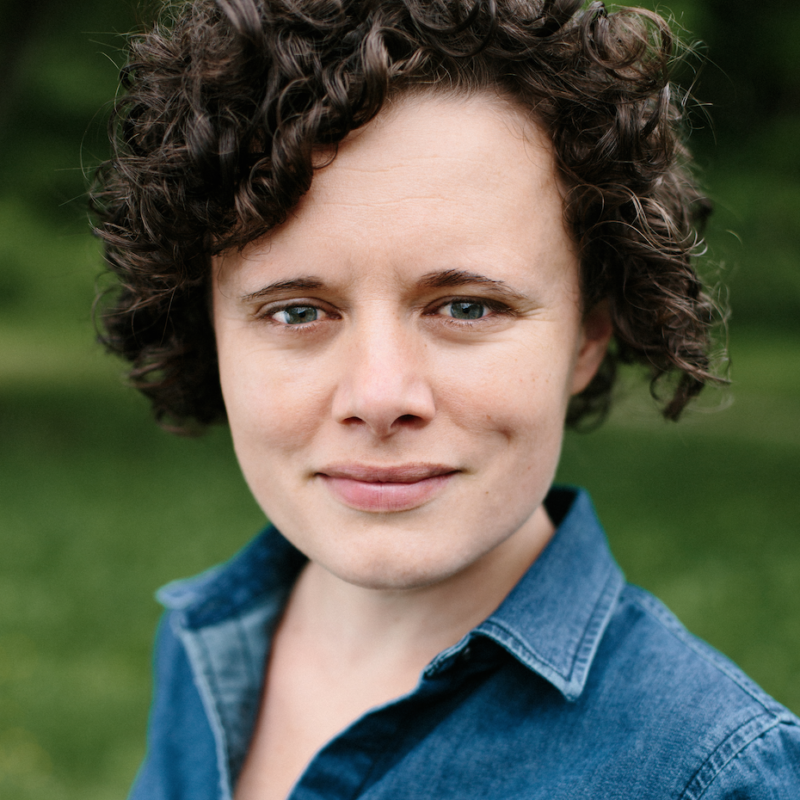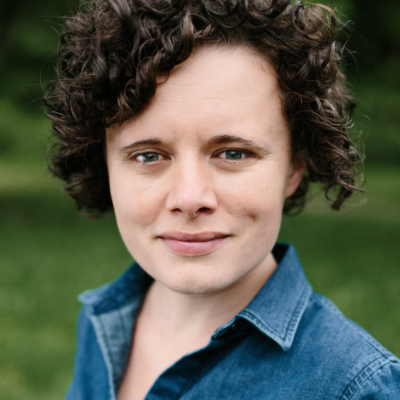Virginia is one of only two states, along with Kentucky, that do not automatically restore voting rights to felons who have served their time. According to the ACLU of Virginia, more than 300,000 people are barred from voting because of former offenses. Local resident Harold Folley, community organizer for the Virginia Organizing Project, wants help to push reforms through the legislature.
|
A recent speeding ticket set back Harold Folley’s efforts to regain his voting rights, 15 years after he was released from prison. He’s trying to help other ex-cons navigate Virginia’s byzantine restoration process. |
Folley’s interest in the matter is personal. An ex-felon, he was recently denied his right to vote for a speeding ticket. According to Virginia law, all felons convicted for both nonviolent and violent offenses, including drug manufacturing and distribution and election fraud, need to have their record clean of any misdemeanor or pending convictions three years prior to submitting an application. He’ll now have to wait for two years before reapplying.
“I don’t think it’s fair at all,” says Folley. “My charges are [almost 17] years old and I have shown to be a good citizen of Virginia and so I should be able to vote.”
At a January 8 meeting, Folley called for the creation of a grassroots effort to bring resources together to help local ex-felons regain their rights. “My vision was to find out ways to make the process for them easier and safer,” he says.
Currently, the application process is a deterrent. For a violent felon, the application is 13 pages long, but that’s just the first step. After waiting for five years after all court obligations, former felons need to compile a massive amount of paperwork: a letter of petition to the governor, three letters of reference, certified copies of every sentencing and conviction order, and a letter from the most recent probation or parole officer.
For nonviolent offenses, the application is only one page, but the waiting period is three years.
“We are very happy to help people who are trying to go through this process,” says Dianne Gilliland, deputy registrar for the City of Charlottesville, who also attended the meeting. “But we understand that it’s tedious and probably a little intimidating.”
What people don’t know, says Gilliland, is that by having their rights restored, former felons become full citizens again. “You can become a notary, and serve on a jury and run for public office,” she says.
Folley has clear ideas of what needs to be done. “I want to set a model that other Virginia counties can use to start their own restoration rights efforts.”
He is pushing to get the word out to all residents in view of the gubernatorial election in November. “The long-term goal is reform,” he says. “But it’s going to take a long time. It’s just the nature of the beast.”
A second public meeting is scheduled for January 29 at 6pm, followed by a training session, conducted by Gilliland, for volunteers to get acquainted with all the aspects of the application process.
C-VILLE welcomes news tips from readers. Send them to news@c-ville.com.






